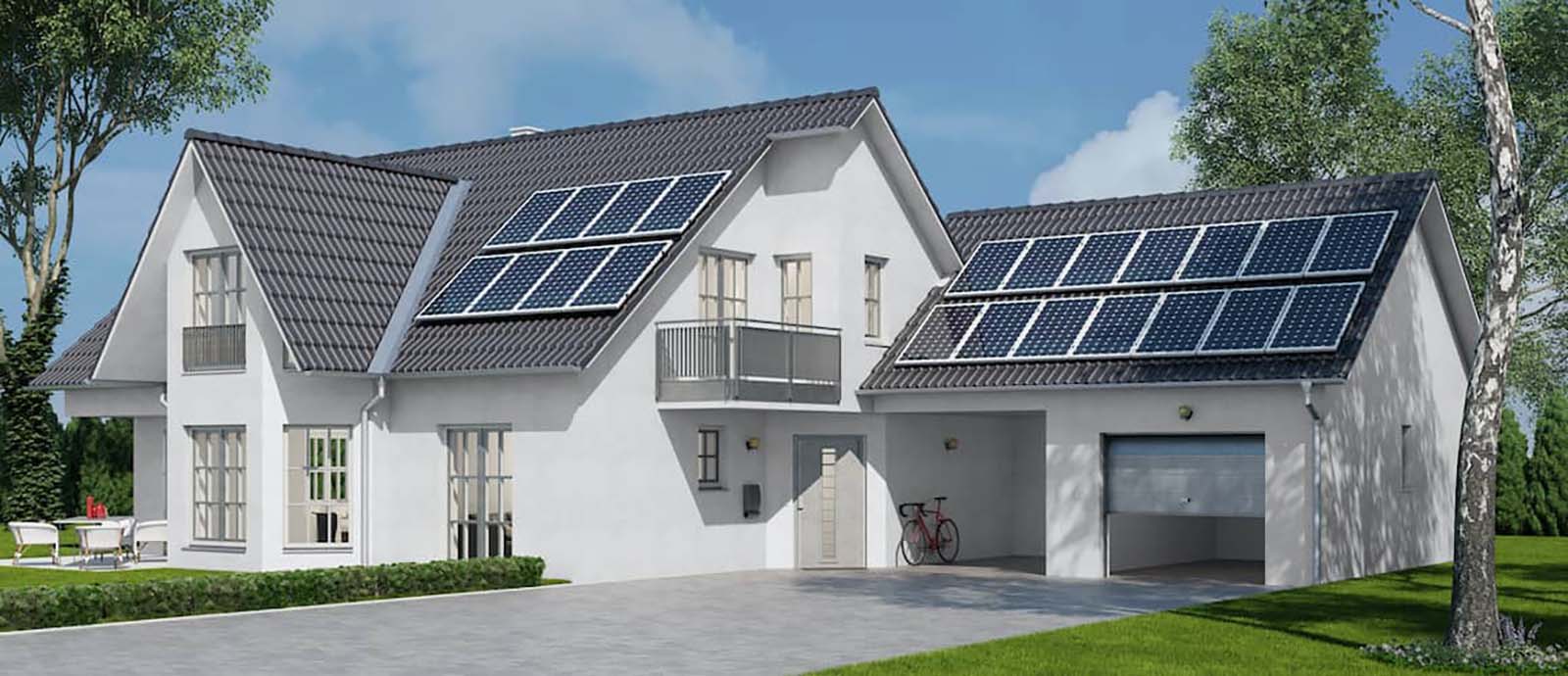Are Li-ion or Lead-Acid Batteries Better for Home Energy Storage?

Introduction
When it comes to home energy storage, the choice of battery technology is crucial. Both lithium-ion (Li-ion) and lead-acid batteries are commonly used for this purpose, but which one is better? In this article, we will compare the two technologies and discuss their pros and cons.Li-ion Batteries
Pros:
– Higher energy density: Li-ion batteries can store more energy in a smaller and lighter package, making them ideal for home energy storage where space is limited. – Longer lifespan: Li-ion batteries typically have a longer lifespan compared to lead-acid batteries, making them a more cost-effective option in the long run. – Faster charging: Li-ion batteries can be charged at a faster rate than lead-acid batteries, allowing for quicker energy replenishment.Cons:
– Higher cost: Li-ion batteries are more expensive to manufacture, which results in a higher upfront cost for consumers. – Safety concerns: Li-ion batteries are more prone to overheating and fire hazards, requiring strict safety measures and monitoring.
Lead-Acid Batteries
Pros:
– Lower cost: Lead-acid batteries are more affordable compared to Li-ion batteries, making them an attractive option for budget-conscious consumers. – Reliability: Lead-acid batteries have been around for a long time and are a proven technology with a good track record of reliability. – Safer: Lead-acid batteries are generally considered to be safer than Li-ion batteries, with a lower risk of thermal runaway.Cons:
– Lower energy density: Lead-acid batteries are bulkier and heavier for the same amount of energy stored, which can be a disadvantage in home energy storage systems. – Shorter lifespan: Lead-acid batteries have a shorter lifespan compared to Li-ion batteries, requiring more frequent replacements and resulting in higher long-term costs.Conclusion
In conclusion, both Li-ion and lead-acid batteries have their own set of advantages and disadvantages when it comes to home energy storage. Li-ion batteries are more compact, longer-lasting, and have faster charging capabilities, but they come at a higher cost and with safety concerns. On the other hand, lead-acid batteries are more affordable, reliable, and safer, but they have lower energy density and a shorter lifespan. Ultimately, the choice between the two technologies depends on individual preferences, budget, and specific energy storage needs.When considering home energy storage solutions, it is important to weigh the pros and cons of both Li-ion and lead-acid batteries before making a decision. Consult with a professional to determine the best option for your home energy storage system.

